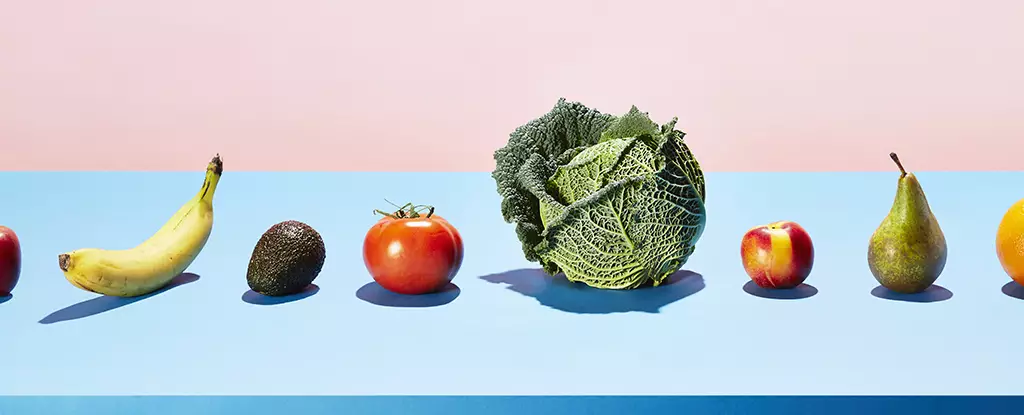The relationship between diet and mental health is a topic that has garnered increasing attention in scientific research. A recent study, which examined the dietary habits of twins across four countries including the US, Denmark, Australia, and Sweden, offers intriguing insights into how increasing the intake of fruits and vegetables can potentially mitigate depressive symptoms. This article delves into the findings of this study, the importance of its methodology, and the implications for mental health and dietary recommendations, especially among older adults.
Twin studies provide a unique opportunity for researchers to understand the interplay between genetics and environmental factors. As twins share a substantial proportion of their genetic makeup, differences observed in health outcomes can often be attributed to lifestyle choices and external circumstances rather than hereditary factors alone. Led by the University of New South Wales (UNSW), the research leveraged data from 3,483 individuals aged 45 and over, tracking their dietary habits and mental well-being over an 11-year period. Geneticist Karen Mather underscores the advantage of using twins, stating that shared environmental conditions simplify the analysis of various health outcomes, such as the symptoms of depression.
The study illuminated a modest but noteworthy correlation between increased consumption of fruits and vegetables and reduced depressive symptoms. Specifically, participants who consumed an average of 2.1 servings of fruit and 2.0 servings of vegetables daily reported significantly fewer depressive symptoms compared to those with minimal intake—averaging only 0.3 servings of fruit and 0.5 servings of vegetables. While the research indicated that even a modest rise in fruit and vegetable intake could lead to better mental health outcomes, it also revealed that many participants did not meet the World Health Organization’s recommended minimum of five servings per day. In fact, the most alarming findings pointed to insufficient intake levels in Scandinavia, correlated with elevated depressive symptoms across the studied population.
The protective association between high fruit and vegetable intake and mental well-being aligns with existing literature highlighting the benefits of a balanced diet. Fruits and vegetables are rich in vital nutrients, antioxidants, and fiber, all of which have established roles in promoting overall health. Prior research has hinted at the influence of gut health on mood, noting that diets high in ultra-processed foods can contribute to depressive symptoms. Thus, the findings of the UNSW study not only reinforce previous assertions regarding the importance of nutrition in mental health but also underscore the potential for dietary interventions as a complementary approach to combating depression—particularly among older adults, who are at a higher risk for depressive disorders.
While the study establishes a correlation, it stops short of proving a direct cause-and-effect relationship, especially since factors such as physical activity were not comprehensively analyzed. Nevertheless, the sheer scale of the research lends credence to the assertion that there is a protective association between higher intakes of fruits and vegetables and reduced depressive symptoms. Annabel Matison, the study’s lead author, acknowledges that the lack of adequate fruit and vegetable consumption among older adults raises questions about the potential impact on mental health if dietary recommendations were met.
The implications of this study are clear—encouraging higher consumption of fruits and vegetables may serve as a practical, cost-effective strategy for improving mental health outcomes among aging populations. As depressive disorders tend to peak in individuals between 55 and 75 years of age, dietary adjustments could be a preventative measure worth advocating. As researchers and health professionals continue to explore the intricate relationship between diet and mental health, the findings from this study present a compelling case for integrating nutritional education and resources into mental health prevention strategies, enabling individuals to lead healthier lives both mentally and physically. Promoting a balanced diet rich in fruits and vegetables could indeed become a vital part of fostering mental well-being for future generations.


Leave a Reply